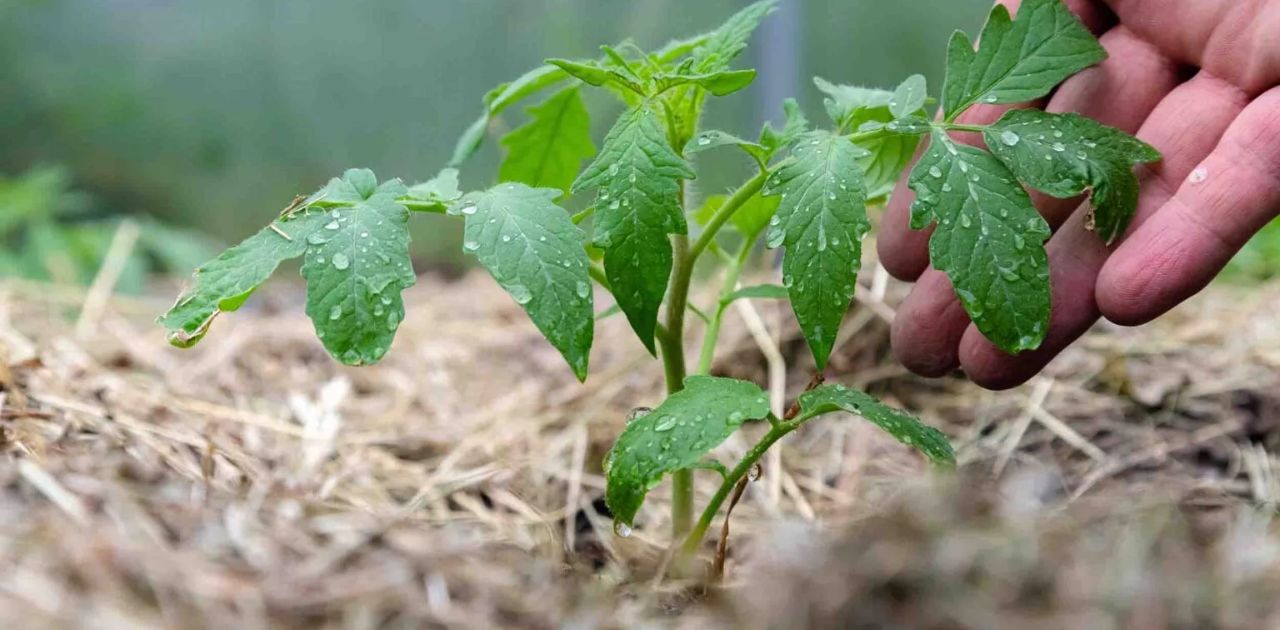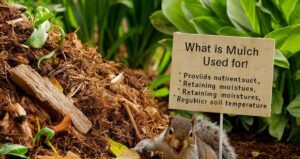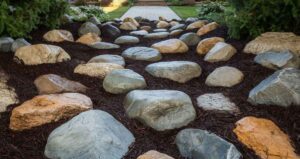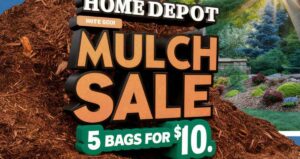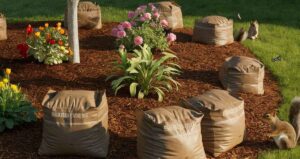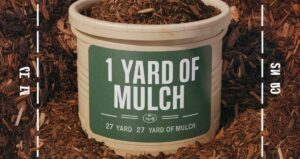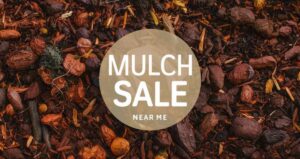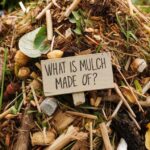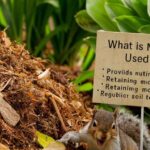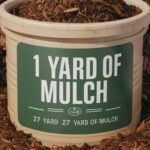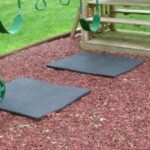Are you wondering what type of mulch would be a good fit for your tomato plants, like a cozy blanket that protects and nourishes them? Well, look no further, because in this guide, we will explore the different options and help you make an informed decision. Mulch plays a crucial role in creating a supportive environment for your tomatoes, promoting healthy growth, and preventing weed competition. By using mulch, you can retain moisture, regulate soil temperature, and reduce the need for frequent watering and weeding. Whether you prefer organic or inorganic mulch, we will discuss the benefits of each and provide tips on how to apply it effectively. Get ready to give your tomatoes the best mulch they deserve!
Organic Mulch Options
Selecting the ideal mulch for your tomato plants involves considering various organic options. Among these, composting mulch stands out. Crafted from organic materials like leaves, grass clippings, and kitchen scraps, composting mulch offers a diverse palette. Yet, if you’re pondering, What color mulch looks best with a grey house? the choice of mulch can further enhance the aesthetic appeal of your gardening landscape.
Not only does it provide a protective layer for your tomato plants, but it also adds nutrients to the soil as it breaks down. Another great choice is biodegradable mulch alternatives, such as straw or hay. These materials are readily available and easily decompose, enriching the soil in the process. Biodegradable mulch options are not only environmentally friendly but also help to retain moisture in the soil, preventing water loss and keeping your tomato plants healthy. Now, let’s move on to the next section where we will discuss inorganic mulch options.
Inorganic Mulch Options
Consider using plastic mulch as an alternative for your tomato plants. Plastic mulch is one of the popular inorganic mulch alternatives that can provide various benefits for your tomato plants. Here are the pros and cons of using inorganic mulch:
- Pros of inorganic mulch:
- Weed control: Plastic mulch can effectively suppress weed growth, reducing competition for nutrients and water.
- Moisture retention: Plastic mulch helps to conserve soil moisture by reducing evaporation, keeping the soil consistently moist for your tomato plants.
- Cons of inorganic mulch:
- Lack of organic matter: Inorganic mulch does not break down and contribute to the soil’s organic matter content like organic mulch does.
- Heat retention: Plastic mulch can absorb and retain heat, which may lead to higher soil temperatures, potentially causing stress to tomato plants.
When considering inorganic mulch options, weigh the benefits and drawbacks to make an informed decision for your tomato plants’ well-being.
Benefits of Using Mulch for Tomatoes
To fully understand the advantages of using mulch for tomatoes, it is important to regularly assess the benefits it provides to your plants. Mulching offers numerous benefits that can greatly enhance the health and productivity of your tomato plants. Firstly, mulch helps to retain soil moisture, preventing water evaporation and reducing the frequency of watering required. This is especially beneficial during hot summer months when tomatoes need consistent moisture to thrive. Secondly, mulch acts as a natural weed suppressor, reducing competition for nutrients and ensuring that your tomatoes receive the necessary resources for optimal growth.
Additionally, mulch helps to regulate soil temperature, keeping it cooler in the summer and warmer in the winter, which is vital for tomato plants. Lastly, mulch can improve soil structure and fertility over time as it decomposes, providing a steady supply of organic matter and nutrients. When considering the best types of mulch for tomatoes, factors such as water retention, weed suppression, and nutrient enrichment should be taken into account. Transitioning into the next section about factors to consider when choosing mulch, it is important to understand how different mulch materials can affect these benefits and ultimately impact the success of your tomato plants.
Factors to Consider When Choosing Mulch
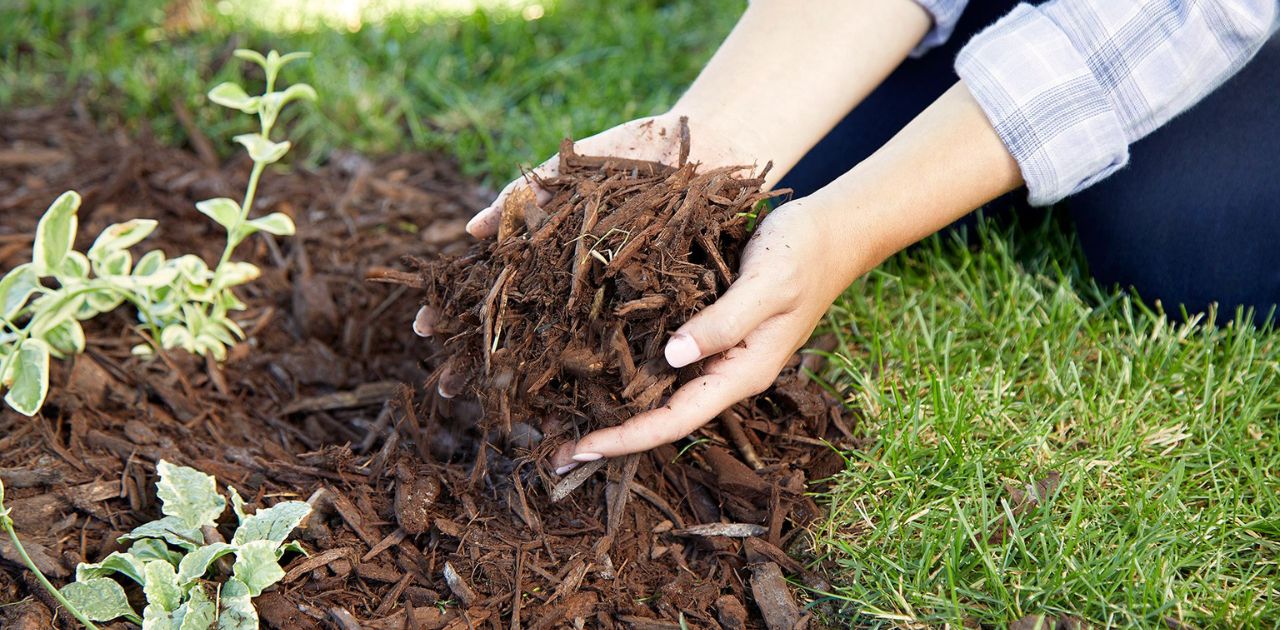
When selecting mulch for your tomatoes, it’s important to take into account various factors. Here are some factors to consider when choosing mulch for your tomato plants:
- Type of mulch:
- Organic mulch: such as straw, grass clippings, or compost, can improve soil fertility and moisture retention. However, it may attract pests or harbor diseases.
- Inorganic mulch: like plastic or landscape fabric, can suppress weeds effectively and conserve moisture. However, it doesn’t provide any nutrients to the soil.
- Climate and environment:
- Consider the climate of your region and the specific needs of your tomatoes. Some mulches may be better suited for hot or cold climates.
- Evaluate the moisture levels in your garden. Certain mulches can help retain moisture, while others may not be suitable for wet or humid environments.
Considering these factors can help you choose the right mulch for your tomatoes, taking into account the pros and cons of different mulch types.
How to Apply Mulch to Tomato Plants
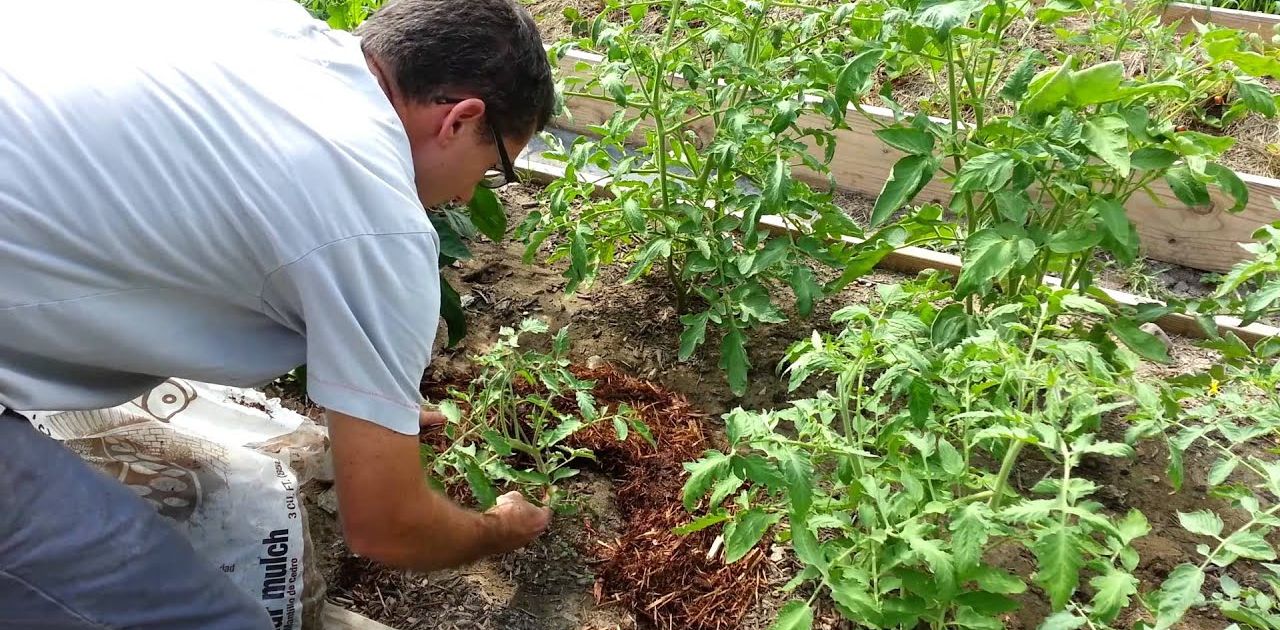
To mulch your tomato plants effectively, follow these simple steps. First, prepare your tomato bed by removing any weeds or debris. This will ensure that the mulch can work its magic without competition from unwanted plants. Next, choose your preferred mulch material. Whether it’s straw, grass clippings, or compost, make sure it’s well-rotted and free from seeds. Once you have your mulch, spread a layer around the base of each tomato plant, about 2-4 inches thick. Be careful not to smother the stem, as this can lead to rot. Mulching provides several benefits, such as conserving moisture, suppressing weeds, and maintaining soil temperature. Different methods of applying mulch to vegetable gardens include top-dressing, trenching, or using mulch mats or plastic covers. Experiment and find the method that works best for you and your tomato plants.
Conclusion
In conclusion, when it comes to choosing the best mulch for your tomato plants, organic options such as straw, grass clippings, or shredded leaves are ideal. These mulches not only provide essential nutrients to the soil, but also help retain moisture and suppress weed growth. On the other hand, inorganic mulches like plastic or landscape fabric can also be effective in conserving moisture and preventing weeds. Consider your specific needs and preferences when selecting the perfect mulch for your tomatoes, and enjoy the bountiful harvest that awaits you.
